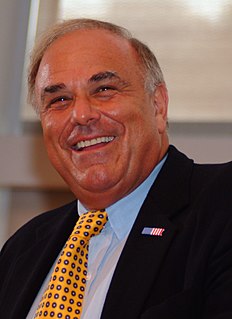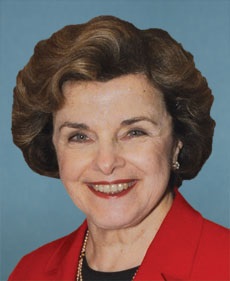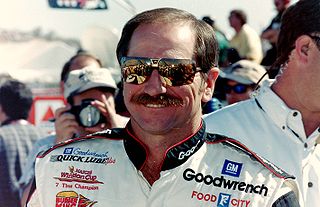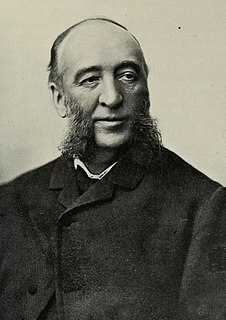A Quote by Larry Sabato
The national media will talk about national problems because it's something that everyone in all 50 states can understand, but the reality is these are minor factors. These are local races. ... The issues tend to be less ideological than for Senate races or races for president. ... It's about potholes and streetlights.
Related Quotes
I think national issues play into gubernatorial races less than, obviously, in Senate and Congressional races. Much less. They tend to be more decided by personality, leadership qualities and by state or local issues. They still have some effect, no question about it, but not as much as Senate and Congressional races.
To some extent it [Mr. Bush's standing in the polls] is affecting the races, but only because the races really haven't begun. At some point these races are going to be about the two candidates in each race. This is ultimately not going to be about Bush helping or hurting someone getting elected, but ultimately will be about the candidates' records.
Long before social media made things like bib replication easier, banditing at major races was viewed as a brave act. Rebellious runners like John Tarrant gatecrashed races as a political statement, in protest of rules about amateurism that limited how much money athletes could earn in appearance fees and endorsements.



































